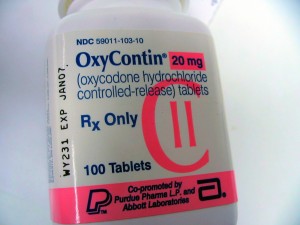
Photo courtesy of http://www.sxc.hu/profile/digpretzel
It’s your child. The blinding pain of a headache is hard to ignore, so you do what you think is the right thing. Pediatrician, PCP, urgent care or ER, depending on the situation.
There’s a 50% chance this is a bad choice.
As a chiropractor who sees headache patients all the time, I can say with a high degree of confidence that, much like back pain, we should be the first stop. While not every time, it is very common for a child with headaches to leave our office after the FIRST visit with a drastic reduction in his or her headache. Add a few more visits after the initial treatment and most headaches are history. Certainly there are exceptions, but these are few and far between.
So what happens if you do NOT bring your child to a chiropractor first? This particular study looked at this question and the answers were disturbing enough to surprise even the researchers themselves. Narcotics are absolutely NOT the standard recommendation for any headache, let alone headaches in teenagers. While I think NSAIDs are almost as bad of an idea (because they don’t actually fix a darn thing as it relates to headaches), they are at least a better standard recommendation.
So when researchers looked at the insurance data from 8,373 13- to 17-year-olds who visited a clinician for headache (which is a common ailment in adolescents) researchers were sure that they would find that narcotic use was low. Instead, shocked researchers found:
• 46% of teens were given a prescription for a narcotic.
• 23% got two prescriptions.
• 29% got three or more prescriptions.
If the emergency room was involved, the likelihood of a narcotic being given were greater. Except in very limited situations, there is not a shred of evidence or any clinical practice guideline that suggests narcotics as the first line treatment for adolescent (or adult, for that matter) headaches.
So why and how does this happen? How can half of mainstream medicine be so distanced from the medical research as to give a child highly addictive pain medication for a condition that it should not be used for??
As a chiropractor treating these conditions without any drugs, I find that question even harder to answer.
